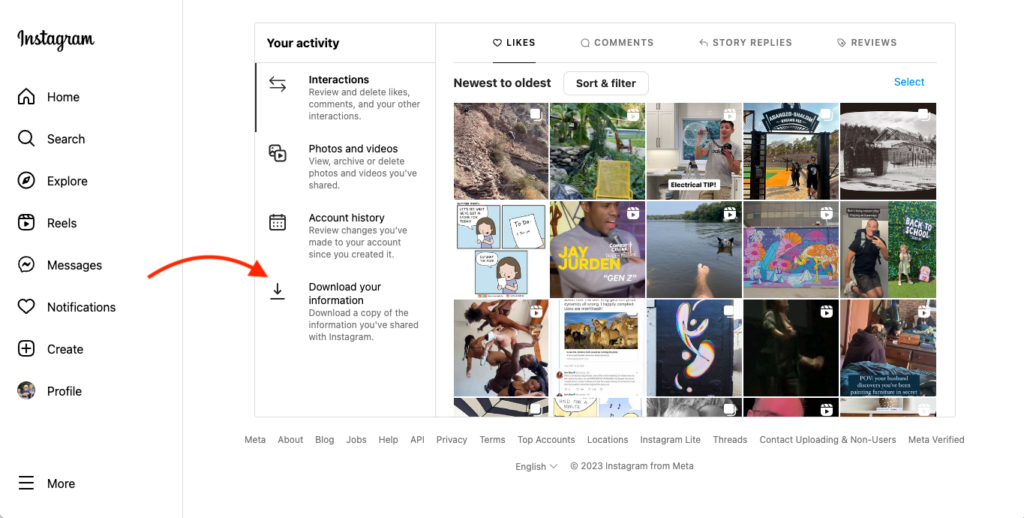Now Reading: The Emotional Damage Caused by Comparison Culture
-
01
The Emotional Damage Caused by Comparison Culture
The Emotional Damage Caused by Comparison Culture

Comparison culture has become a silent epidemic, fueled by social media, peer groups, and societal expectations. In Tier 2 cities across India, where social media influence is growing rapidly, people constantly measure their achievements, lifestyle, and success against others. This endless benchmarking can take a heavy emotional toll, affecting self-esteem, relationships, and overall mental well-being.
One major impact is anxiety and stress. Seeing curated images of success, wealth, or happiness online can make individuals feel inadequate, even if their own life is stable and fulfilling. The pressure to “keep up” creates constant tension and dissatisfaction.
Another concern is self-worth tied to external validation. When people define themselves by comparison, their confidence fluctuates based on others’ achievements rather than personal growth. This can lead to chronic insecurity, jealousy, and resentment toward peers.
Comparison culture also affects relationships. Rivalry and competition can replace collaboration and empathy, weakening bonds with friends, colleagues, and family. In smaller cities, where communities are closely knit, the visibility of others’ successes can amplify these negative emotions.
The key to countering comparison culture is awareness and self-reflection. Focusing on personal goals, celebrating individual progress, and limiting exposure to social media triggers can reduce emotional strain and foster healthier mindsets.
Ultimately, while comparing oneself to others is natural, allowing it to define self-worth causes unnecessary harm. Emphasizing personal growth over external benchmarks leads to greater fulfillment, resilience, and emotional stability.

























